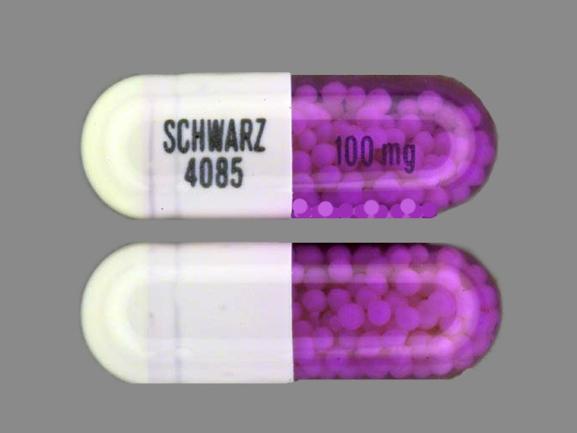Verelan PM Interactions
There are 671 drugs known to interact with Verelan PM (verapamil), along with 12 disease interactions, and 3 alcohol/food interactions. Of the total drug interactions, 131 are major, 487 are moderate, and 53 are minor.
- View all 671 medications that may interact with Verelan PM
- View Verelan PM alcohol/food interactions (3)
- View Verelan PM disease interactions (12)
Most frequently checked interactions
View interaction reports for Verelan PM (verapamil) and the medicines listed below.
- acetaminophen
- Advair HFA (fluticasone / salmeterol)
- amlodipine
- Aspirin Low Strength (aspirin)
- atorvastatin
- Cialis (tadalafil)
- clonidine
- CoQ10 (ubiquinone)
- Crestor (rosuvastatin)
- famotidine
- Fioricet (acetaminophen / butalbital / caffeine)
- Flomax (tamsulosin)
- Imitrex (sumatriptan)
- Klonopin (clonazepam)
- levothyroxine
- lisinopril
- losartan
- magnesium oxide
- metformin
- Nexium (esomeprazole)
- omeprazole
- Probiotic Formula (bifidobacterium infantis / lactobacillus acidophilus)
- Protonix (pantoprazole)
- ramipril
- ranitidine
- Tambocor (flecainide)
- Vitamin B12 (cyanocobalamin)
- Vitamin D3 (cholecalciferol)
- Xarelto (rivaroxaban)
- Zyrtec (cetirizine)
Verelan PM alcohol/food interactions
There are 3 alcohol/food interactions with Verelan PM (verapamil).
Verelan PM disease interactions
There are 12 disease interactions with Verelan PM (verapamil) which include:
- aortic stenosis
- bradyarrhythmia/AV block
- cardiogenic shock/hypotension
- coronary artery disease
- liver disease
- ventricular tachycardia
- accessory AV tracts
- CHF/AMI
- hypertrophic cardiomyopathy
- neuromuscular transmission
- renal dysfunction
- GI narrowing
More about Verelan PM (verapamil)
- Verelan PM consumer information
- Compare alternatives
- Pricing & coupons
- Reviews (3)
- Drug images
- Side effects
- Dosage information
- During pregnancy
- Drug class: calcium channel blockers
- Breastfeeding
- En español
Related treatment guides
Drug Interaction Classification
| Highly clinically significant. Avoid combinations; the risk of the interaction outweighs the benefit. | |
| Moderately clinically significant. Usually avoid combinations; use it only under special circumstances. | |
| Minimally clinically significant. Minimize risk; assess risk and consider an alternative drug, take steps to circumvent the interaction risk and/or institute a monitoring plan. | |
| No interaction information available. |
See also:
Further information
Always consult your healthcare provider to ensure the information displayed on this page applies to your personal circumstances.


